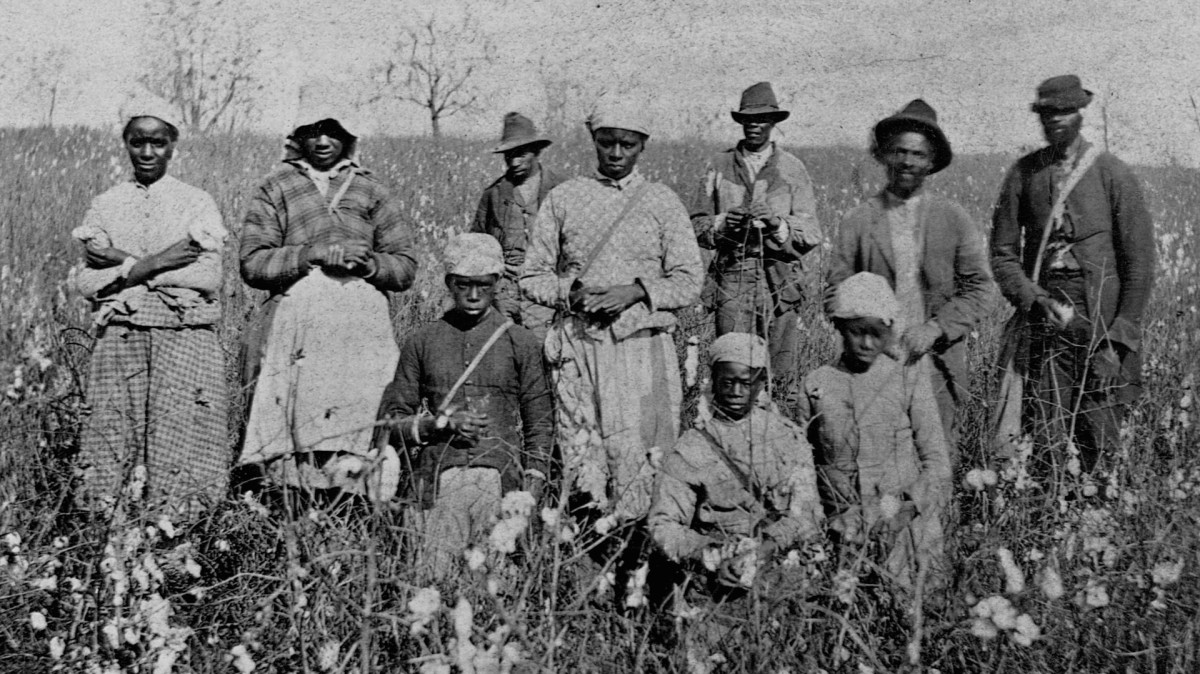
This is very interesting and I think one of the lessons of the 2020 elections is how much white liberalism is the dominant ideology of electoral politics among both liberals AND the left. So often, we aren't even asking the right questions.
nytimes.com/2020/11/20/opi…
nytimes.com/2020/11/20/opi…
So often, whites are so concerned with being "allies" for instance that we reaching with massive ignorance into questions inside of communities about which the dynamics of which they know absolutely nothing.
Just as an example here--the whole "Latinx" thing. Regardless of its merits, white liberals have picked up on it as THE way to talk about this population if we want to be allies. And OK, but when only 3% of the actual population uses it, it's not really reaching out to them.
The first rule of union organizing is that you have to meet people where THEY are at, not where YOU are at. And that often means rethinking a lot of liberal shibboleths about people. It very much applies here too.
And honestly, there's very little difference between self-identified liberals and the self-identified left on how these issues are approached. Some leftists sneer at "identity politics" but that trends toward a latent white supremacy AND they have no better approach either.
In other words, if the left wants to build a multiracial coalition of working class people, it has to reach out and understand Chinese and Cuban and Guatemalan communities WHERE THEY ACTUALLY EXIST and not just in ideology or our beliefs.
• • •
Missing some Tweet in this thread? You can try to
force a refresh








